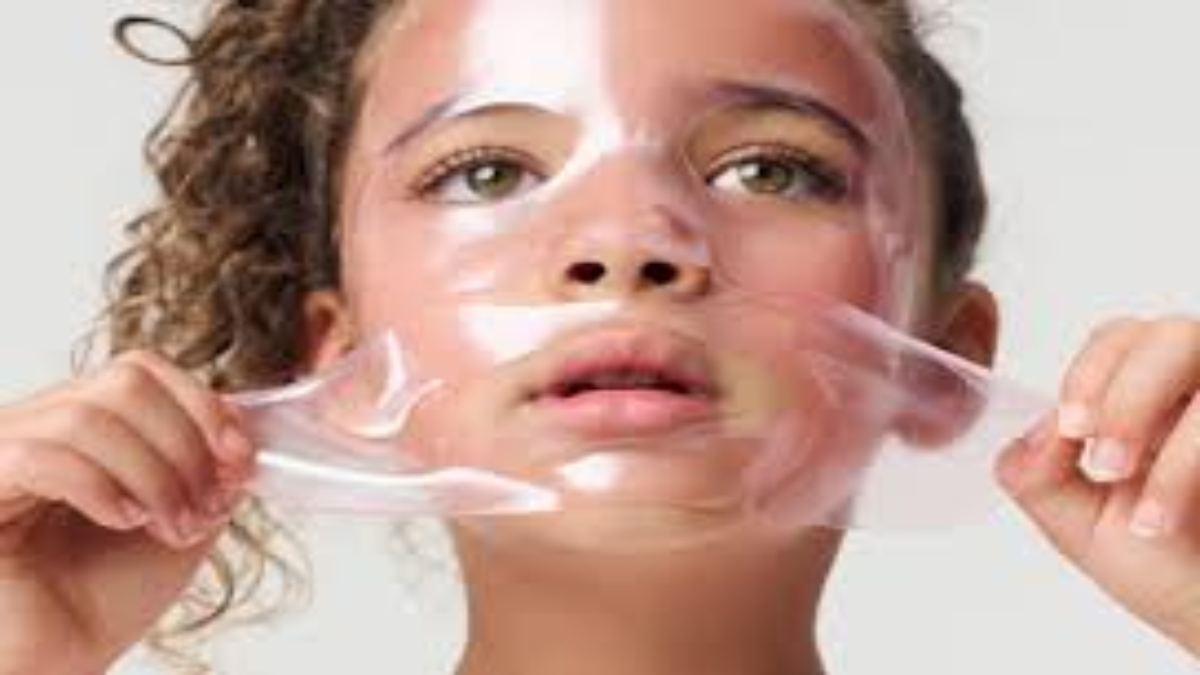Now Reading: Shay Mitchell’s Kids’ Skincare Brand, ‘Rini,’ Sparks Fiery Backlash Over Beauty Standards for Toddlers
-
01
Shay Mitchell’s Kids’ Skincare Brand, ‘Rini,’ Sparks Fiery Backlash Over Beauty Standards for Toddlers
Shay Mitchell’s Kids’ Skincare Brand, ‘Rini,’ Sparks Fiery Backlash Over Beauty Standards for Toddlers

New Delhi, November 10, 2025: Actress and entrepreneur Shay Mitchell has ignited a fierce social media controversy following the launch of her new children’s skincare brand, Rini, which targets children as young as three years old. The brand, co-founded with Esther Song and Matte Babel, offers products like hydrating and after-sun hydrogel face masks in playful animal shapes, but has been met with immediate and widespread criticism from parents and commentators who argue it is prematurely introducing demanding beauty standards to vulnerable young girls.
The Core of the Controversy: ‘Fixing’ Childhood Skin
The most significant point of contention revolves around the central message that a dedicated skincare regimen for toddlers and young children is necessary. Critics are particularly alarmed by the promotion of facial masks for a demographic whose skin is naturally flawless and whose focus should be on play, not maintenance.
Many social media users and parenting experts voiced their disappointment, suggesting the brand sends an insidious message. Comments rapidly flooded online platforms, accusing the brand of “projecting beauty standards onto children” and conditioning “little girls their skin needs fixing.” The sentiment is that marketing optional, ritualized products like face masks to a three-year-old frames their natural state as something that requires a commercial solution or ritualized ‘improvement.’
“We can’t even let them be free of beauty standards when they’re single digits anymore. I hate it,” one Reddit user commented, summing up the core fear of the early ‘adultification’ of childhood.
Rini’s Defense: Self-Care and Safe Alternatives
Mitchell, known for her roles in Pretty Little Liars and as the founder of the travel brand BÉIS, and her co-founders have vehemently defended the brand, asserting that the backlash misunderstands the product’s true intention.
According to the founders, Rini (a colloquial Korean word for ‘children’) is not about beauty or flawless skin, but about teaching safe self-care and healthy habits from an early age. The brand was reportedly inspired by their own daughters who wanted to mimic their mothers’ adult skincare routines. Mitchell stated that the goal was to provide a safe, gentle alternative to the harsh, active-ingredient-laden products children are increasingly exposed to, especially in light of the recent ‘Sephora Kids’ trend where tweens rush to buy adult cosmetic products.
The products, which include After-Sun and Hydrating masks, are marketed as dermatologist-tested, formulated in Korea, and designed to soothe skin after activities like face-painting, swimming, or sun exposure, featuring gentle ingredients like aloe vera and Vitamin E.
Expert Opinion and Market Reality
Despite the brand’s assurances of safety and good intentions, the launch has reignited a critical debate about the ethics of commercializing childhood and targeting Gen Alpha (children born from 2010 onwards) with wellness and beauty products.
- Dermatological Consensus: Many medical professionals agree that the basic needs of a child’s skin are simple: a mild cleanser, a gentle, fragrance-free moisturizer, and most importantly, sunscreen. Experts argue that complex routines or masks, even with gentle ingredients, are largely unnecessary and risk over-sensitizing young, developing skin.
- A “Dystopian” Cash Grab: A significant portion of the online critique dismisses the ‘self-care’ narrative as a justification for exploiting a new consumer demographic. Critics see the move as a purely capitalist endeavor, viewing a child’s natural, unblemished face as the next “untapped market” for celebrity-led business expansion.
The controversy highlights the fine line between offering a ‘safe’ product for kids who want to mimic their parents and actively marketing a routine that instills an early preoccupation with physical appearance, a pressure that overwhelmingly affects young girls.










